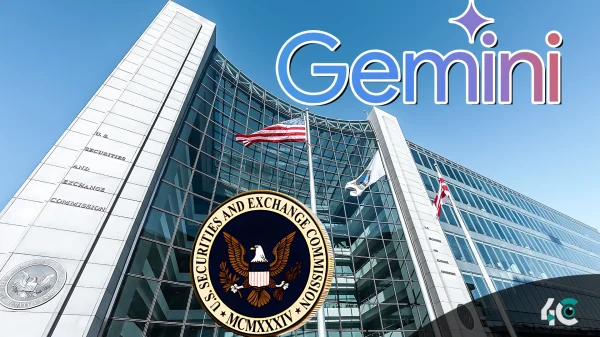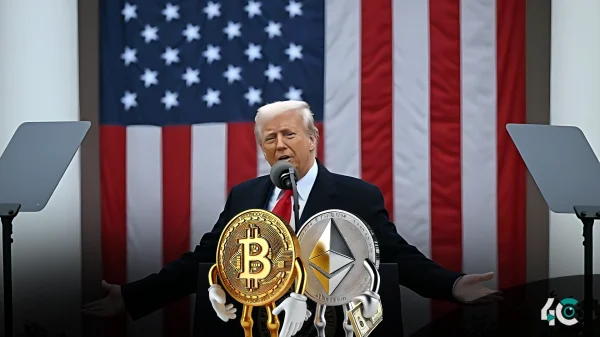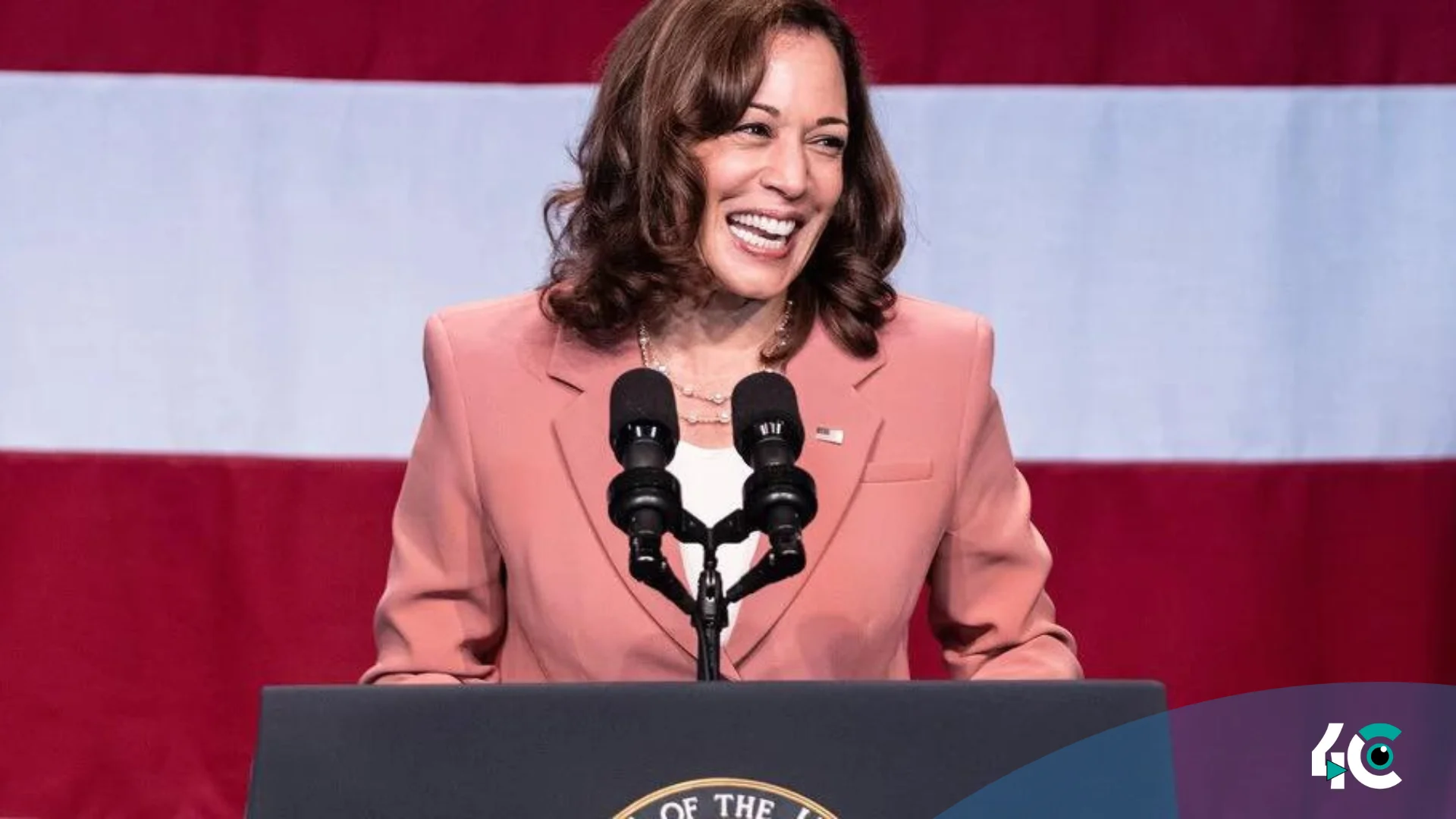Kamala Harris presented her idea for the future of the United States with respect to developing technology in a major speech at the Economic Club of Pittsburgh. Emphasizing her dedication to preserving U.S. leadership in fields including blockchain and artificial intelligence, the Democratic presidential hopeful said her government will prioritize innovation in many spheres.
“We will invest in biomanatechuring and aerospace, maintain our dominance in AI and quantum computing, and expand our leadership in blockchain and other forward-looking technologies,” Harris said. From sophisticated batteries to geothermal energy solutions, she underlined the need of American workers leading the front in technical innovations.
Harris first publicly supports blockchain and digital assets in this speech. She had been somewhat silent on cryptocurrencies before now, just lately supporting innovative technology and consumer protection at a fundraising event.
The reference to “digital assets” also shows up in her most recent revised economic plan, which says, in passing, that her government will encourage cutting-edge innovations while guaranteeing consumer safety. This inclusion is seen by many as a major recognition of the expanding relevance of the crypto sector.
Harris also underlined the need of the United States surpassing other countries, especially China, in terms of technical development. She reiterated her dedication to create a strong technology environment as the United States has to lead “the world in industries of the future.”
Harris’s proactive attitude on blockchain may appeal to crypto community members as the election draws near, particularly given the political sphere’s growing prominence of digital currencies’ debate. She has sided with supporters of cryptocurrencies, but it’s unknown how her government would combine innovation with rules.
Harris’s dedication to promoting blockchain technology and guaranteeing a competitive edge for the United States mirrors her larger economic approach meant to support creativity and consumer protection in a fast changing digital scene.














































